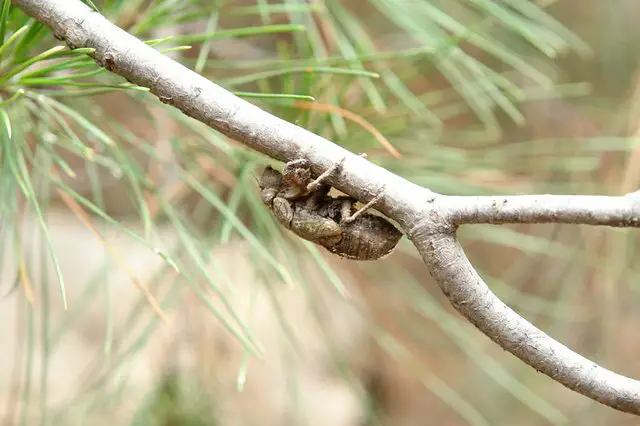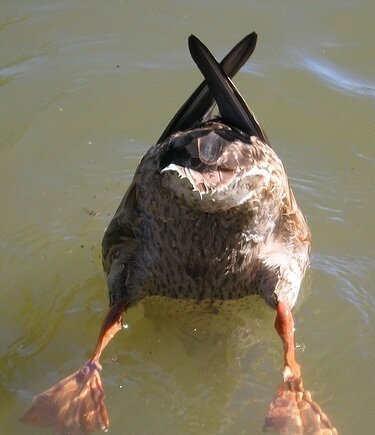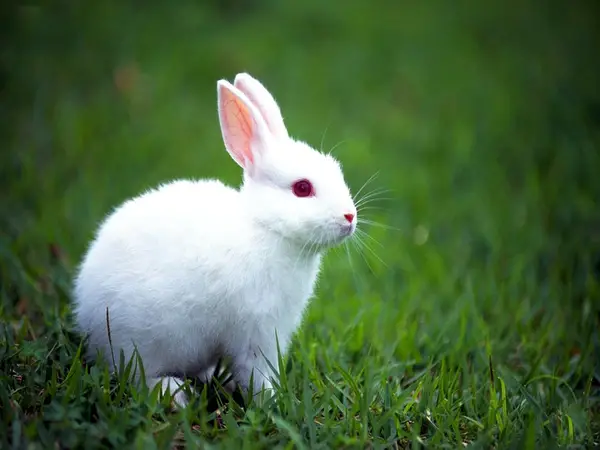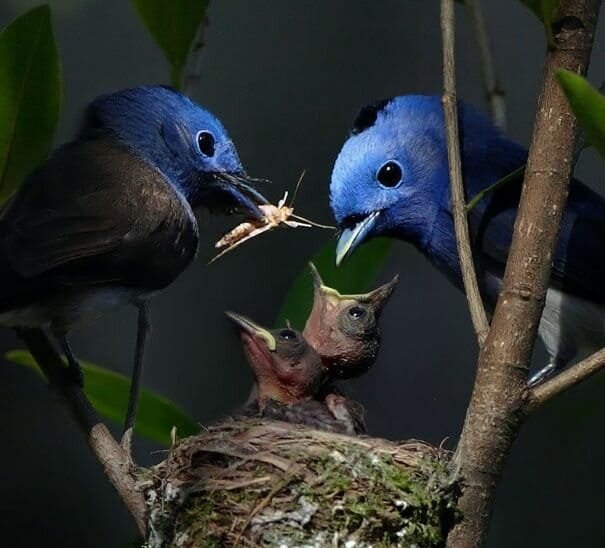A cicada is an insect of the order Hemiptera, suborder Auchenorrhyncha, in the superfamily Cicadoidea, with large eyes wide apart on the head and usually transparent, well-veined wings. There are about 2,500 species of cicada around the world, and many remain unclassified. Cicadas live in temperate to tropical climates where they are among the most widely recognized of all insects, mainly due to their large size and remarkable acoustic talents. Cicadas are often colloquially called locusts, although they are unrelated to true locusts, which are a kind of grasshopper. They are also known as “jar flies” and, regionally, as July flies in the Southeastern United States, and as “heat bugs” in Canada and the mid-West. Cicadas are related to leafhoppers and spittlebugs. In parts of the southern Appalachian Mountains in the United States, they are known as “dry flies” because of the dry shell that they leave behind.
0 Shares
GalleryMost Dangerous Dogs in the World
- November 22, 2020
GalleryMiracle Of Nature… Macaque Monkey Adopts A Kitten
- November 22, 2020
You May Also Like
Top 10 Basic House Cat Breeds
- PetsFoto
- September 15, 2020
- 3 minute read
We decided to start a cat? In the world of so many species, which sometimes do not know what to choose. Here's a brief guide to the most popular of them.
Amazing Birds Photos
- PetsFoto
- August 8, 2020
- 1 minute read
Many people think that birds are not and can not be funny and entertaining, as well as other animals. Here are some pictures that prove the opposite made by accident by an amateur photographer.
Most Beautiful Rabbit Breeds
- PetsFoto
- November 24, 2020
- 1 minute read
Pet rabbits kept indoors are referred to as house rabbits. House rabbits typically have an indoor pen or cage and a rabbit-safe place to run and exercise, such as an exercise pen, living room or family room.
Top 10 Deadliest Insects
- PetsFoto
- September 29, 2020
- 4 minute read
Though not necessarily the most prolifically deadly animal on earth, insects certainly hold their fair share of the unfortunate demises. Throughout history, the insect has played a major roll in many different actions and reactions ranging from writings in the Bible to golden statues in Egyptian Tombs.
Top 10 Best Guard Dog Breeds
- PetsFoto
- November 1, 2020
- 3 minute read
A total of fourteen expert dog trainers were consulted to compile this list of the top ten best guard dog breeds. During their evaluation they considered not only a dog's temperament and physical strength, but its courage, loyalty, and resistance to pain.
Birds Heralds Of Spring
- PetsFoto
- December 29, 2020
- 1 minute read
As the coming of spring is shown in many colors and animal life all contribute to the overall impression of the birth of life with its beautiful colors and appearance.















